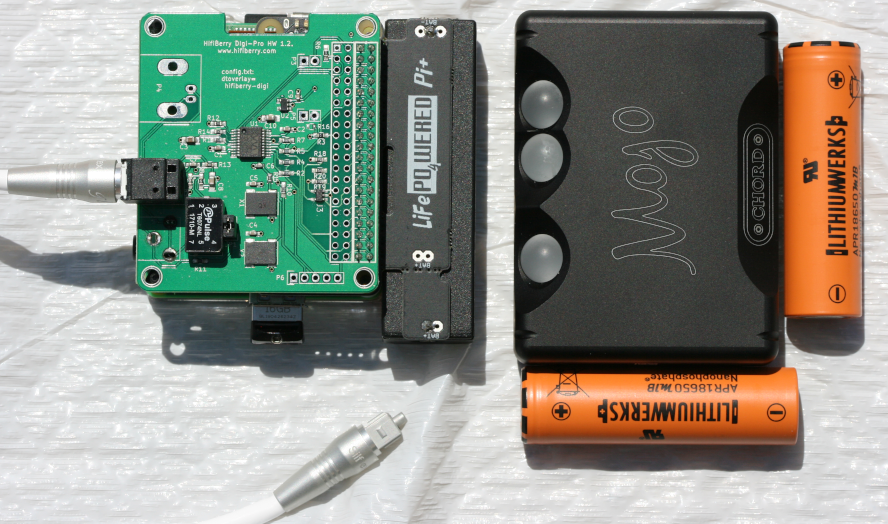H20Fidelity
Headphoneus Supremus
- Joined
- Feb 11, 2012
- Posts
- 16,293
- Likes
- 6,783
I dont think it has anything to do with Card speed. The difference between reading from internal Flash memory and from an SD card is that reading from an SD card will add another layer of jitter... or simply jitter created by the additional current used or surges when reading from the SD card?
If I knew exactly what to listen for regarding jitter I could give an answer. What should it sound like? what would I be hearing. Because, I would not be surprised if this is happening from the external storage.. it sounds logical enough. Colorfly CK4+ is advertised for having a feature called Jitter kill technology of less than 100 picoseconds, maybe somethings going on there between internal and external.
I'm already using Sandisks cards. I am going to try a Samsung Class 10 next week for the hell of it.








